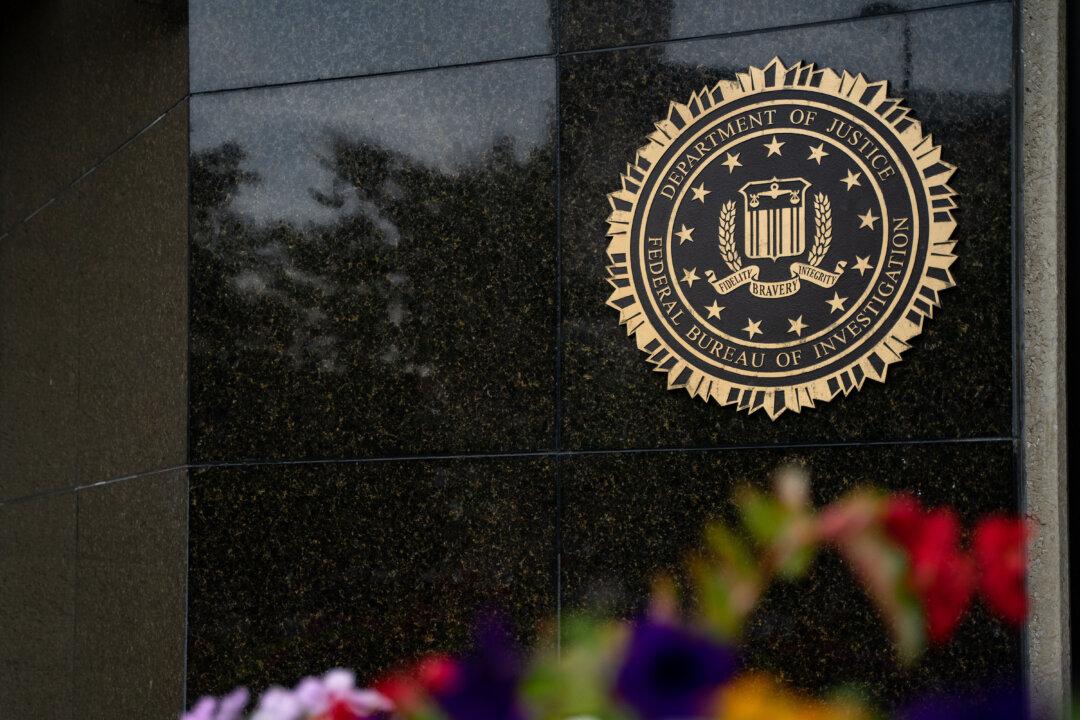Commentary
As I mentioned in this space last July, the politicization of the United States’ armed forces, already underway under President Barack Obama, has been kicked into a higher gear by the Biden administration and its tame general, Mark Milley, by using the Capitol incursion of last Jan. 6 as pretext.





